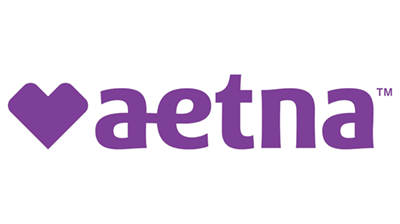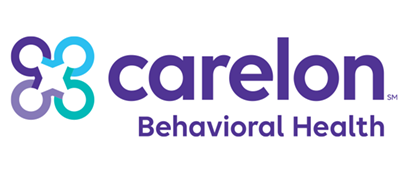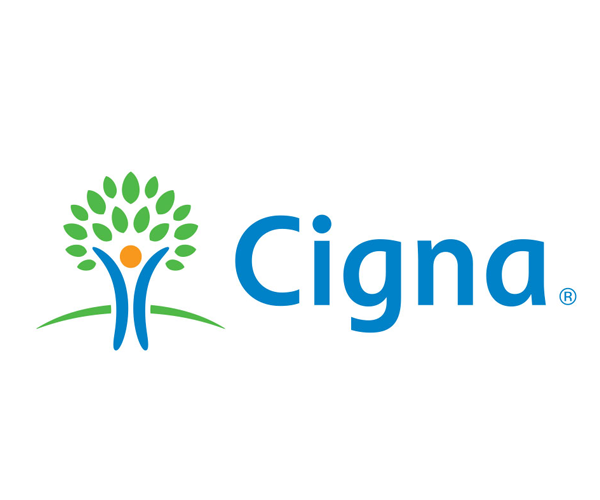Autism Diagnostic Evaluations
The first step in understanding your child’s needs is an accurate diagnosis. At The Helm ABA, we provide diagnostic evaluations to determine whether your child meets criteria for Autism Spectrum Disorder (ASD), giving you the answers you need to take the next step with confidence.

What Is Autism?
Autism Spectrum Disorder (ASD) is a developmental condition that affects how a child communicates, interacts with others, and experiences the world. Core areas include social communication (how a child relates to others), repetitive behaviors and routines, and sensory differences (responses to sights, sounds, or textures).
Signs of Autism
Because autism looks different in every child, the signs may be subtle at first or vary in intensity. Here are some common symptoms:
- Delayed speech or language development
- Difficulty starting or maintaining conversations
- Repeating words or phrases (echolalia)
- Limited eye contact
- Difficulty understanding social cues or emotions
- Trouble forming or maintaining relationships
- Repetitive movements such as hand-flapping or rocking
- Strong need for routines and resistance to change
- Intense focus on specific interests or objects
- Unusual responses to sounds, textures, or lights
Why Early Intervention Matters
Early identification of autism gives children access to therapies and supports during critical developmental stages. Research shows that children who begin services earlier often make greater progress in communication, learning, and social skills.
At The Helm ABA, we believe that noticing potential signs should never cause panic—it should open the door to understanding your child more fully. Our diagnostic evaluations are designed to give families clarity, reassurance, and a clear plan forward.



Supporting Families of All Backgrounds
We understand that noticing signs of developmental differences can feel overwhelming, and it takes a lot of trust to move forward with an evaluation. Here is our promise to you:
Culturally Informed Analysis
Every family has its own values, traditions, and communication styles. Our evaluations take these differences into account, ensuring that your child’s behaviors are accurately interpreted.
Expert-Led Assessments
All evaluations are conducted by our Licensed Clinical Psychologist, a recognized expert with over 20 years of experience working with individuals with developmental disabilities.
Step 1: Parent Intake & Interview
The first session is a parent interview, typically lasting no more than 2 hours. Parents complete an intake form with background information beforehand.
During the visit, we conduct a structured interview with parents or caregivers that gathers detailed information about the child’s communication, social skills, and behaviors.
Step 2: Child Observation & Assessment
The second appointment is a direct observation. We observe and interact with your child through play and activities in order to assess their behaviors.
The complexity and duration of this session can vary. For children 5 years old and under, this visit typically lasts 1-2 hours, and play-based observation is sufficient. Meanwhile, diagnosing older kids may require extra steps, such as cognitive evaluations.
Step 3: Results & Recommendations
Once testing is complete, we review the information, determine the child’s diagnosis and severity level, and prepare a written report. A feedback meeting is scheduled to discuss results, answer questions, and provide detailed recommendations.
Reports are available within one month, with most families receiving them within a week; the exact timeline depends on whether we require additional information to reach a diagnosis.
Next Steps After Diagnosis
Regardless of the outcome, this evaluation helps guide families through the next steps. If your child requires further testing or evaluation, we can provide referrals and offer insights to help you better understand their development.
If your child receives an autism diagnosis, we can recommend treatment options tailored to their needs. Should you choose to move forward with ABA therapy at The Helm, our team will create a personalized plan and support you every step of the way.
Insurance & Scheduling
Coverage for diagnostic services varies depending on the insurance plan. Our team will help you verify your benefits before getting started.
To schedule an evaluation or learn more, please contact us directly.









Ready to Take That First Step?
If you have questions or concerns about your child’s development, we’re here to provide clarity and support every step of the way.
Contact us now to verify your insurance and ask any questions you may have.
FAQs
What are the criteria for diagnosing autism?
Autism is diagnosed based on the criteria outlined in the DSM-5 (Diagnostic and Statistical Manual of Mental Disorders, 5th Edition), which is the manual used by clinicians to identify and diagnose developmental disorders. We look for challenges in two main areas:
- Social communication and interaction: Difficulties with aspects such as maintaining eye contact, understanding social cues, forming relationships, or using and comprehending language.
- Restricted or repetitive behaviors and interests: This may include repeating actions or words, adhering to very specific routines, or exhibiting intense interest in particular topics.
The DSM-5 also helps determine the level of support a child may need, ranging from mild (Level 1) to more significant assistance in daily life (Level 3).
How is autism diagnosed?
Autism is diagnosed using a comprehensive range of tools tailored to each child. This includes caregiver interviews, questionnaires, and structured observations of your child. We gather information about their development, communication, and behavior, and use standardized assessments as needed to get a complete picture of their strengths and challenges.
Who conducts the evaluation?
Only trained specialists such as psychologists, neuropsychologists, or other licensed professionals can conduct autism assessments. At The Helm, all evaluations are done by a Licensed Clinical Psychologist.
How early can autism be diagnosed?
Depending on the child’s development, autism can sometimes be identified as early as 12 months, with diagnostic accuracy increasing as the child grows. By 18 months, most early social and communication skills should be established, helping us make a confident diagnosis.
Our team will answer any questions and advise whether it’s the right time for an evaluation or if waiting will give a clearer picture of your child’s development.
What if my child is not diagnosed with autism? Can you identify other disorders?
If your child does not meet the criteria for an autism diagnosis, the assessment still provides invaluable insights.
Based on the results and our understanding of your child’s development, learning, and behavior, we can recommend further testing for areas of concern or specific conditions, such as ADHD, and provide referrals to the appropriate specialists.
We know it can be frustrating not to have clear answers right away. Luckily, this assessment is an important step in understanding your child and guiding you to the right resources.
If my child is diagnosed with autism, do I need to continue care with The Helm?
Absolutely not. Our goal is to provide a thorough assessment and guide you with recommendations and resources. You are free to follow up with any providers or specialists you choose, and we’re here to support you along the way if you need guidance or referrals.
If you do choose to move forward with The Helm, we are more than happy to schedule a clinic tour and answer any questions.
How soon can I get the results?
Our goal is to provide your child’s report no later than one month, with most families receiving it within 7 days. The exact timing depends on whether we require additional information from caregivers, teachers, or daycare providers, and how quickly we can receive it.
How long does the assessment take?
The length of the assessment depends on factors such as your child’s age and developmental level. We typically split the process into two sessions: a parent interview and a child observation. Both sessions vary by child, typically lasting 1–2 hours each, with the parent interview usually taking the longest.
For older children or those with more complex needs, additional testing or activities may be required, which extend the duration of the observation session.
